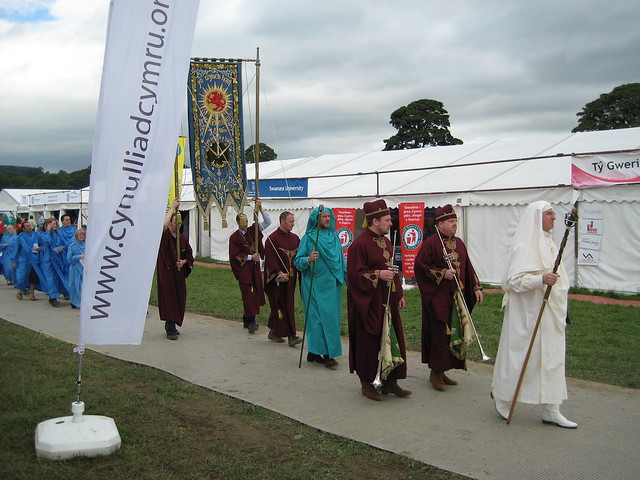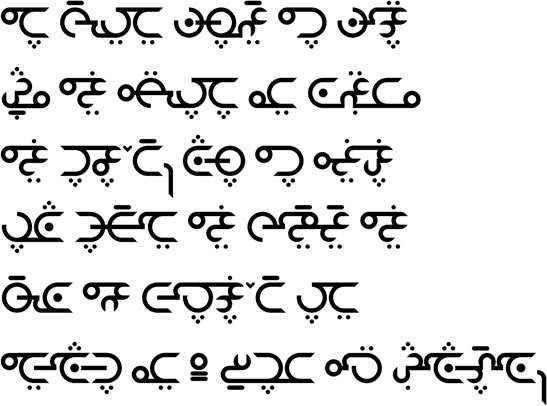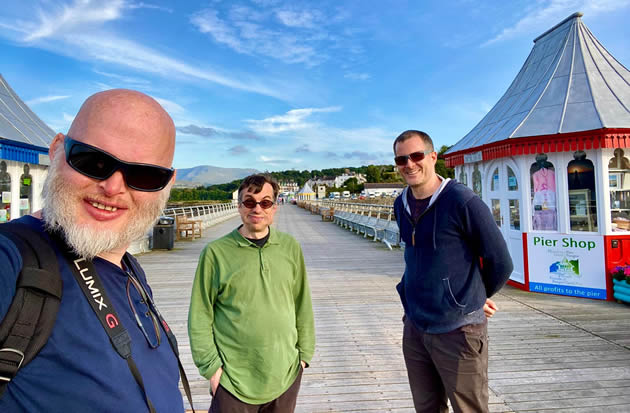Podcast: Play in new window | Download
In this episode we’re looking at words for druids and related people.
The Proto-Celtic *druwits means priest or druid, and comes from the Proto-Celtic *daru (oak) and *wid-/*windeti (to know, to see), from the Proto-Indo-European *dóru (tree) and *weyd (to see, know) [source].
Descendants in the modern Celtic languages include:
- draoi [d̪ˠɾˠiː] = druid, wizard, magician, augur, diviner, trickster, and draoíocht (magic, druidism, witchcraft, enchantment) in Irish
- draoidh [drɯj] = druid, sorcerer, magician, wizard, and draoidheachd (magic, sorcery, druidism) in Scottish Gaelic
- druaight = charm, druid and druaightagh (smithcraft, smithery) in Manx
- dryw [drɨu̯/drɪu̯] = druid, seer, and derwydd (prophet, wise man, druid) in Welsh
- drewydh = druid in Cornish
- drouiz = druid in Breton
The English word druid comes from the French druide (druid), from the Latin as druidae (the druids), from the Gaulish *druwits (druid) [source].
The Proto-Brythonic word *drüw (druid) was borrowed into Old English as drȳ (sorcerer, magician), which became drī(mann)/driʒ(mann) (sorcerer, magician) in Middle English [source]. A few modern druids use the word drymann, or something similiar, to refer to themselves.
Here’s a traditional Welsh tune called Y Derwydd (The Druid) played by me on the mandolin:
Here’s another version of it:
You can find the dots for this tune on The Session.
More details about these words on Celtiadur, a blog where I explore connections between Celtic languages in more depth.
I also write about words, etymology and other language-related topics on the Omniglot Blog.
You can also listen to this podcast on: Apple Podcasts, Amazon Music, Stitcher, TuneIn, Podchaser, PlayerFM or podtail.
If you would like to support this podcast, you can make a donation via PayPal or Patreon, or contribute to Omniglot in other ways.









